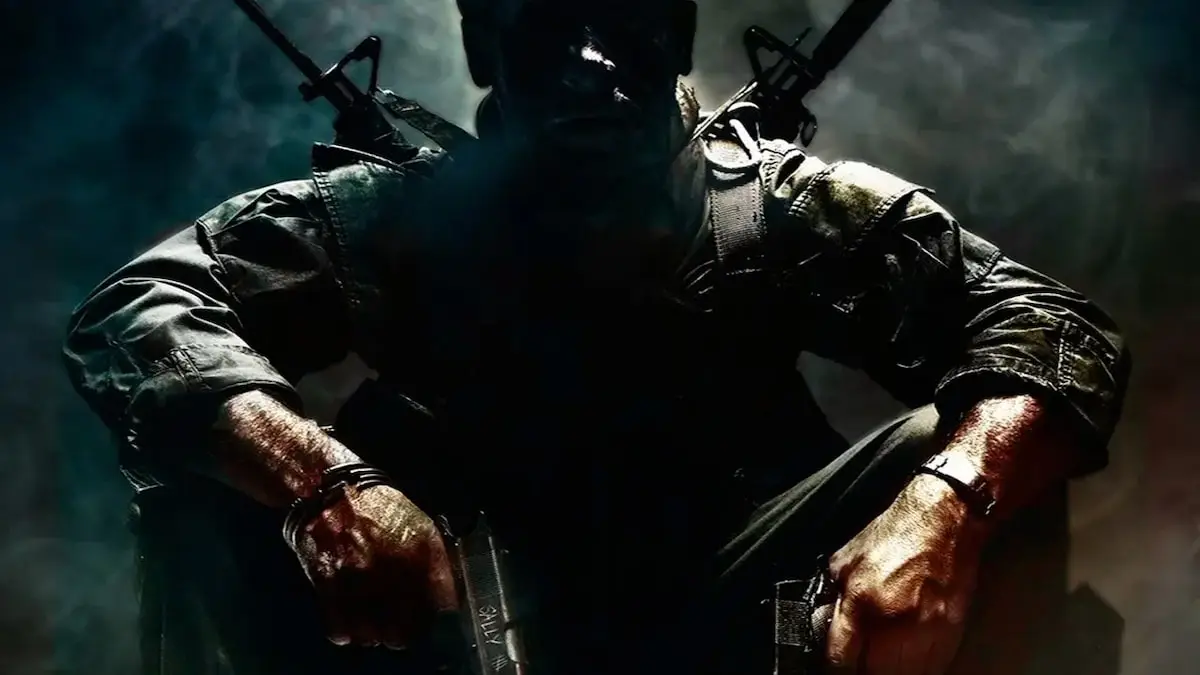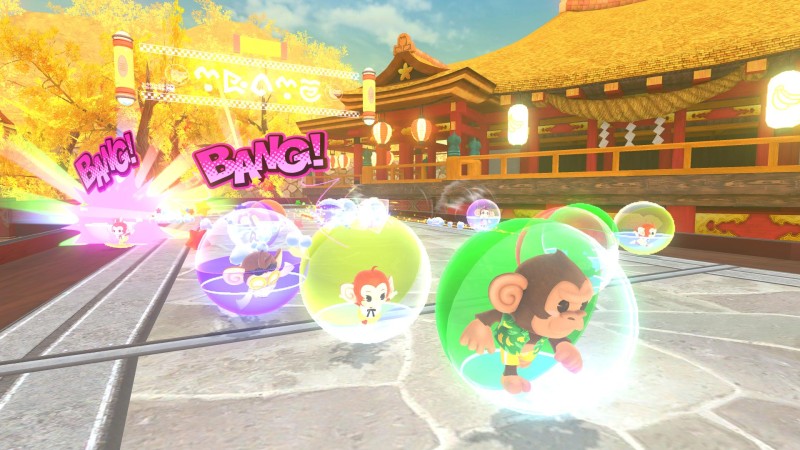
The Sympathizer Review
The Sympathizer premieres April 14 at 9 p.m. Eastern on HBO and Max, with new episodes airing on Sundays.
The protagonist of the new HBO series The Sympathizer is haunted by a recurring question: “Is this necessary?” Every new task he undertakes in his role as a North Vietnamese communist plant within the South Vietnamese secret police: Is this necessary? The atrocities he witnesses while straddling the line of the conflict known alternately as The Vietnam War and The American War: Is this necessary? The ordeal of re-education, the casual racism of his U.S. contacts, the tests of his loyalty: Is this necessary? Unfortunately, the same question doesn’t seem to have occurred to creators Park Chan-wook and Don McKellar. And so, as viewers weather The Sympathizer’s jarring tonal shifts, detrimental departures from its source material, and the miscalculations of Robert Downey Jr.’s multi-part performance, they just might ask themselves: Is this necessary?
Told in flashback, The Sympathizer centers on an unnamed double agent known only – as he is in Viet Thanh Nguyen’s Pulitzer Prize-winning novel – as “The Captain” (Hoa Xuande). As the espionage thriller and culture-clash satire follows The Captain from childhood to his employment with the CIA and South Vietnamese government to the Fall of Saigon and life as a refugee in Los Angeles, it suffers from a lack of cohesion and off-kilter pacing. In a standout performance, Xuande exudes the wit and charisma one expects from a spy and a “man of two faces,” which in this story means a variety of things: his biracial identity as the son of a Vietnamese mother and a French father, his commitment to his “blood brothers” (one a South Vietnamese soldier and the other a communist comrade), and figuring out his place in both his home country and the United States following the Vietnam War.
Much of The Sympathizer’s own identity crisis comes down to its succession of directors. Co-showrunner Park takes the first three episodes, which feel like a completely different series from the rest in their emphasis on the novel’s satirical edge. Things pick up in the Fernando Meirelles-directed fourth episode, which finds The Captain working in Hollywood as a cultural consultant on The Hamlet, a movie set during the Vietnam War. But it isn’t until Marc Munden comes on for the home stretch of Episodes 5 through 7 that the series finds a good balance between grim humor and the reality of the Vietnamese refugee experience.
Though Park’s attention to detail is stellar, his sardonic direction overlooks the characters’ deep and dark layers of emotional loss and trauma. During a scene where Vietnamese soldiers flee an attack by the Viet Cong, there’s a vibrant backdrop of colors, indirectly calling out romanticized Hollywood visions of war. It’s a clever idea (and one that ties back to Nguyen’s initial inspirations for The Sympathizer as well as Meirelles’ superior Episode 4), but it takes away from the human element of the moment. The Captain’s childhood best friend, Bon (played by a graceful Fred Nguyen Khan) suffers tremendous losses as he flees the country, yet it’s hard to focus on this moment of despair amid the cinematic trappings. Under Munden’s direction, the series finally gives a face to the painful, lingering aftermath of the war. As the Captain becomes more invested in American culture – as a result of his relationship with his Japanese American boss, Miss Mori (the always fantastic Sandra Oh), and a yearning for Vietnamese representation in American media – he struggles to reconnect to his communist ideals.
While the series hews closely to the novel, it takes some creative liberties to fit such hefty themes into seven episodes. Tasking Robert Downey Jr. with playing amalgams of the book’s minor white characters makes thematic sense, but the changes involving Asian characters feel out of place. Some of what Nguyen wrote for Bon is given to The Captain instead, advancing the latter’s story while diminishing the former’s role as a symbol of the damage wrought by history. Meanwhile, a tweak to the casting of The Hamlet undermines The Sympathizer’s barbed commentary on studio executives who view all Asian actors as interchangeable.
Sadly, Downey’s role – or rather, roles – is the series’ most disappointing. Park had envisioned Downey playing various white characters in The Sympathizer, a flip of the film-industry bigotry spoofed in the Hamlet subplot. Besides: These white characters represent the problems and obstacles of the Vietnamese people, so why shouldn’t they all be played by the same guy? But this particular guy chose to go full Tropic Thunder, dialing up the absurdity in his personification of inane, racist ideals. Opposite the more grounded characterization and performances of Xuande and Khan, it just doesn’t work – particularly in the cumbersome, Nutty Professor-esque dinner scene that pits Xuande against four Downeys.
Robert Downey Jr.’s role – or rather, roles – is The Sympathizer’s most disappointing.
These characters are meant to be caricatures, but they didn’t have to lapse into ugly stereotypes like The Captain’s former professor, Dr. Avery Wright Hammer. Though Downey has respectfully played gay characters before, his portrayal of Hammer deploys exaggerated effeminate mannerisms to an uncomfortable, distracting degree. Hammer engages in racist exchanges with Mori and fetishizes Asian culture, but none of that is as offensive as how Downey plays him.
The Sympathizer is a complex story that’s difficult to tell in such a short span of time. Though the main cast gives strong performances and the novel’s main theme of dual identity is present throughout, there’s still something off about the series. The tragic events and aftermath of the Fall of Saigon left many Vietnamese people displaced and largely forgotten in the Western world, yet through Nguyen’s words, they are given a voice and visibility in their plight. McKellar and Park’s series only tackles the topic at a surface level, focusing on aesthetics and dark humor rather than people.






